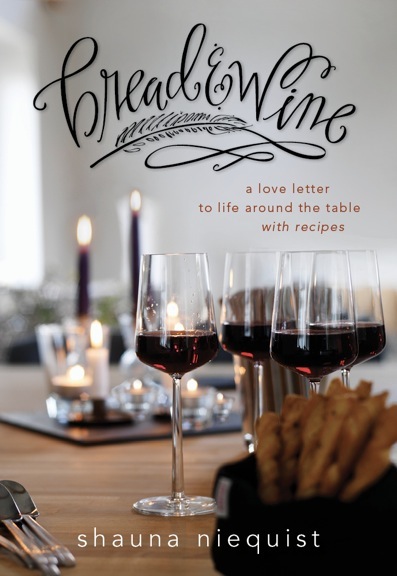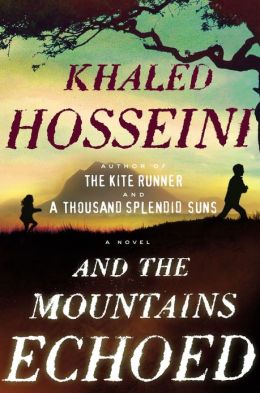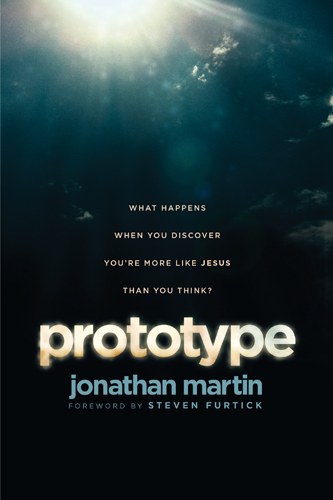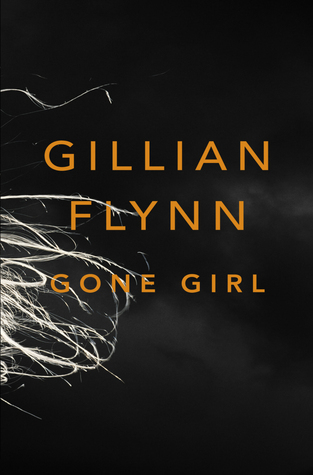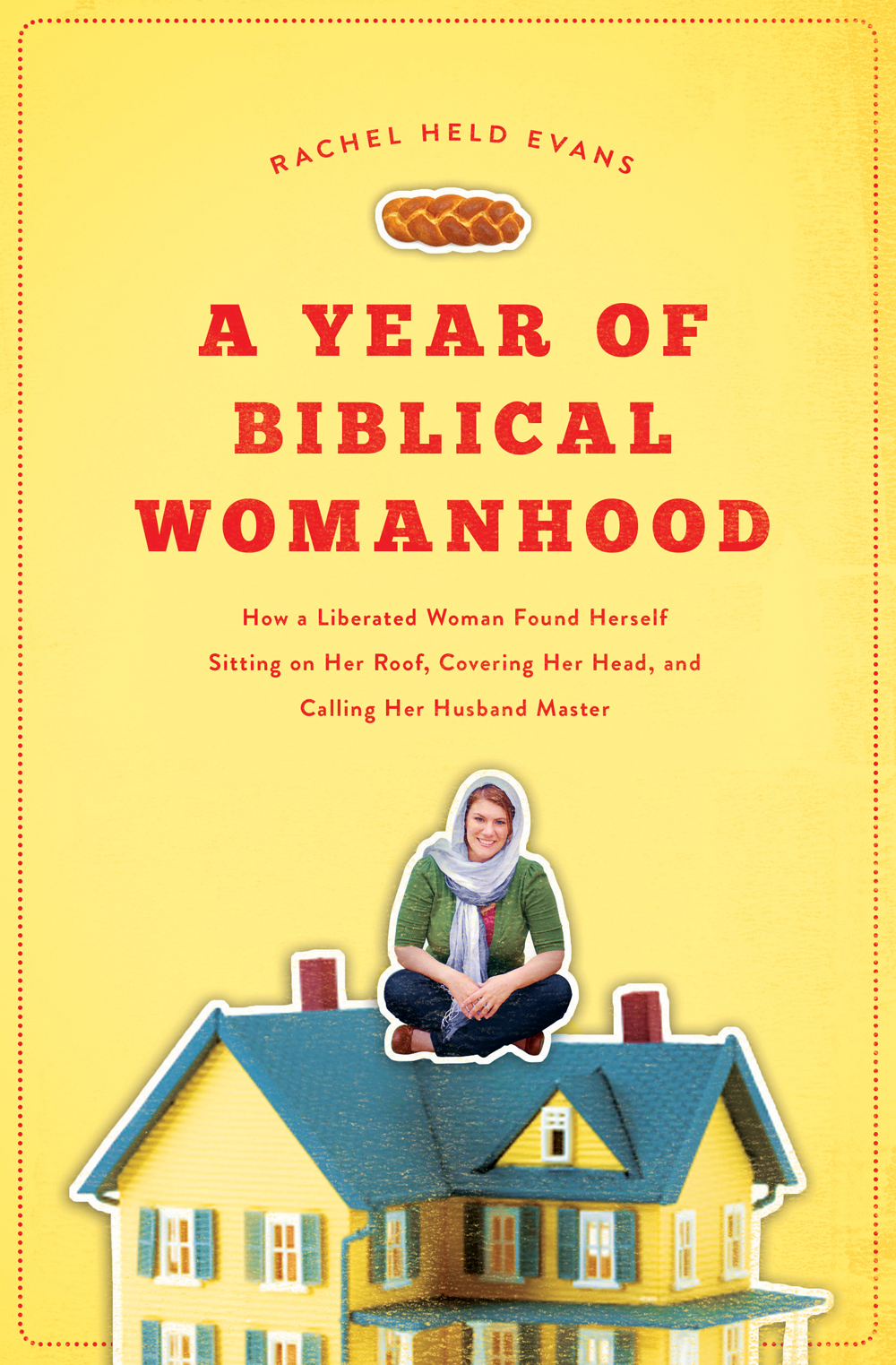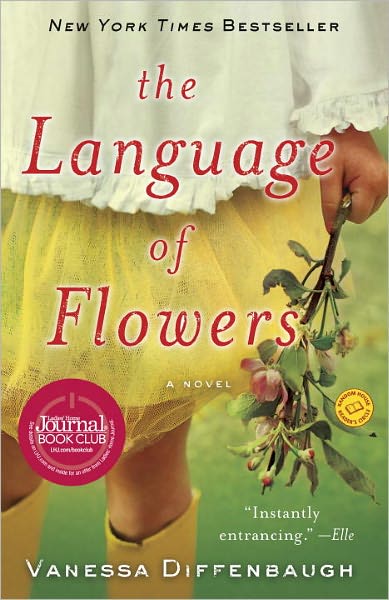 First of all, congratulations to Rachel, the winner of the free book giveaway!
First of all, congratulations to Rachel, the winner of the free book giveaway!
The selection for November is The Language of Flowers by Vanessa Diffenbaugh. Here’s the description of her book, taken from the back cover:
The Victorian language of flowers was used to convey romantic expressions: honeysuckle for devotion, asters for patience, and red roses for love. But for Victoria Jones, it’s been more useful in communicating mistrust and solitude. After a childhood spent in the foster-care system, she is unable to get close to anybody, and her only connection to the world is through flowers and their meanings. Now eighteen and emancipated from the system with nowhere to go, Victoria realizes she has a gift for helping others through the flowers she chooses for them. But an unexpected encounter with a mysterious stranger has her questioning what’s been missing in her life. And when she’s forced to confront a painful secret from her past, she must decide whether it’s worth risking everything for a second chance at happiness.
We’ll discuss the book at the end of November—hope you can join us!

